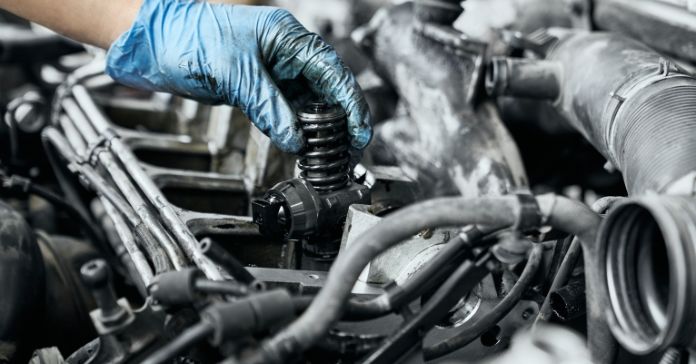
If you own a truck, van, or other vehicle with a diesel engine but feel like it’s not as efficient as it could be, don’t despair. Every diesel engine has plenty of power to offer, and some can give a little more with a little tweaking. Before you sell your vehicle to try out another model, make sure you’re doing all you can for the one you have now. Here are four tips for improving diesel engine efficiency. Try them out as the first steps toward greater engine efficiency.
Watch the Fluids
If you’re not getting regular oil changes and topping off your car’s fluids, you’re only cheating yourself. You’re also cutting down your truck or van’s lifespan. Schedule periodic oil changes and make sure the mechanic or technician is lubricating the rest of the vehicle. Change the oil and filter every 5,000–7,500 miles; confirm this range by reading the vehicle’s manual. A well-lubricated vehicle lasts a long time because the engine endures less stress. Monitor it closely during periods of high temperatures and excessive driving.
Check or Change the Turbocharger
The turbocharger in your vehicle (if you have one) brings more air into your engine through the intake. More air means better fuel efficiency because there’s more oxygen for combustion. Most diesel-powered engines have a turbocharger that can bring in all that great air, but you may experience turbo lag or boost threshold, which is the short amount of time between pressing the accelerator and getting the boost you want. Installing a high-performance turbocharger can cut down on that lag.
Tire Pressure Points
Sometimes, we neglect our vehicles’ tires. They may seem impenetrable, but they’re under constant pressure from within and without. Maintaining the manufacturer-recommended pressure levels in your tires ensures they can carry the weight of the vehicle while reducing stress on the engine. Tires with low pressure force the engine to work harder, which can lead to engine failure if left unchecked.
American Idle?
Another tip for improving diesel engine efficiency is to avoid engine idle. Idling seems harmless; the engine is simply doing what it’s supposed to do—run. However, idling wastes fuel, and if it’s running for no reason, it makes your engine work when it doesn’t have to. Reduce idling at traffic lights and while parked. You won’t just be helping your engine last longer; you’ll also reduce emissions from your vehicle!







